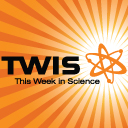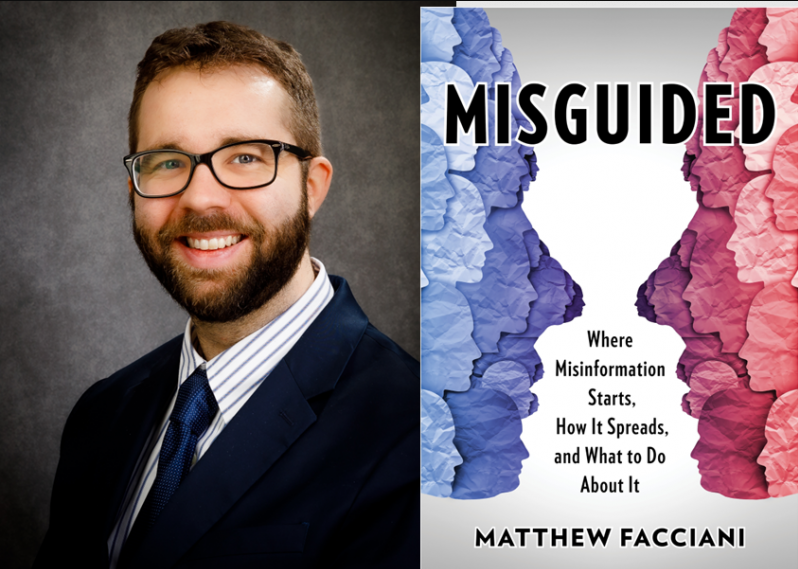Podcast: Play in new window | Download (Duration: 2:19:26 — 141.2MB)
Subscribe: | More

This Week: Interview W/Matthew Facciani, Australia, Stonehenge, Blood Pressure, Moth Dreams, Friendly Brains, Replication Win, Undoing Strokes, Meaning & Memory, And Much More Science!
Become a Patron!
Check out the full unedited episode of our science podcast on YouTube or Twitch.
And, remember that you can find TWIS in all the podcast directories. If you are looking for science podcasts on Spotify, we are there! Science podcasts on Google? We are there! Are you looking for science podcasts on iTunes or science podcasts on Apple? We are there, too! Just look for This Week in Science!
Disclaimer, Disclaimer, Disclaimer!!!
Science tends to be irreverent of pre-existing beliefs.
Overturning the earth-centric universe with one that centers around the sun upset thousands of years of well-reasoned observations and many mythical contemplations later discoveries.
So that the sun itself is moving along a rural stretch of a spiral arm amidst billions of stars in the Milky Way galaxy and a universe brimming frothing even, with trillions of galaxies firmly upending any concept of humanity being at or even near the center of anything.
Archaeological anthropology has also gained an especially irreverent reputation, as there is scarcely an origin story of any culture on the planet that has not been amended or completely refuted by its findings.
Scientific irreverence also applies to the field itself. When new evidence emerges to question long-accepted interpretations, including those once presented as prevailing frameworks, science updates its knowledge, overturns those well-reasoned, well-founded assumptions.
Real knowledge is never gained by being right about anything. It’s earned through methodical seeking of truth, wherever it may lead. And seeking that truth is likely what led you here to another episode of This Week in Science!
IF YOU ARE INTERESTED IN A TWIS SHIRT OR MUG OR OTHER ITEM OF TWIS MERCHANDISE CLICK ON THE ZAZZLE LINK TO BROWSE OUR STORE
HELP TWIS GROW! GET FRIENDS TO SUBSCRIBE TODAY!
The Interview!
We want to welcome our guest, Matthew Facciani, PhD, Postdoctoral Researcher, Department of Computer Science and Engineering, University of Notre Dame, Author of “Misguided”. You can find him on Psychology Today, his podcast & newsletter, and on Threads and Bluesky.
Matthew Facciani is a postdoctoral researcher at the University of Notre Dame in the Computer Science and Engineering Department. He is an interdisciplinary social scientist with a background in neuroscience and psychology and holds a PhD in sociology. His research focuses on media literacy, misinformation, social networks, political polarization, identities, and artificial intelligence. He is also a science communicator, has written for various media outlets, spoken at national conferences, and hosts Misguided: The Podcast, where he explores how social and psychological forces shape the way we process and consume information. His new book, Misguided: Where Misinformation Starts, How It Spreads, and What to Do About It, was recently published by Columbia University Press. WELCOME TO THE SHOW, MATTHEW!
Dr. Kiki, Justin, and Matthew explore the implications of misinformation in this interesting interview you’ll want to listen to again and again!
IF YOU ARE INTERESTED IN A TWIS SHIRT OR MUG OR OTHER ITEM OF TWIS MERCHANDISE CLICK ON THE ZAZZLE LINK TO BROWSE OUR STORE
HELP TWIS GROW! GET FRIENDS TO SUBSCRIBE TODAY!
Support us on Patreon!
Science News With Justin!
Australia
Genetic evidence casts doubt on early colonization timelines in Australia
Stonehenge
All of the stones at Stonehenge were brought by humans
BP meds
I take my BP meds at night, so I can, so I can…
DON’T FORGET TO GET FRIENDS TO SUBSCRIBE TODAY!
Some Science stories with Kiki!
Plant Screams & Moth Dreams
Where do moths like to lay their eggs?
Friendly Brains
Why do friends seem to become more & more alike the longer they are friends?
Replication Win
Which field of research is mostly reproducible?
Undo Button For Strokes
Is it possible that researchers have discovered a way to undo stroke damage?
Meaning & Memory
How do our brains pick which memories to remember?
Support us on Patreon!
DON’T FORGET TO GET FRIENDS TO SUBSCRIBE TODAY!
This Week in Science Questions!
Do you have questions that you want us to answer? Send us your questions (Like, what are some science tropes?)! We will do our best to have answers!
Remember, everyone, we need you to write in with your questions!
Leave us a message on our Facebook page, email Dr. Kiki, or find us on Mastodon Social if you can!
Support us on Patreon!
Support is the secret to more science with TWIS!
WANT TO HELP TWIS? LEAVE A POSITIVE REVIEW FOR TWIS ON YOUR FAVORITE PODCAST PLATFORM TODAY!
Take a blast into the past…
What were we discussing at this time last year? This time last year We discussed Dark Oxygen, Breaking Heat Records, Tractor Beam?, Ancient Argentinian People, Static Butterflies, Avian Flu, Regeneration Genes, Common Gestures, Cuttlefish Falsehoods, Waste Management, And Much More!
This week 10 years ago TWIS we discussed New Horizons w/ Emily Lakdawalla, Listening For Aliens, Solar Heartbeat, Old Americans, Aged Damselfly Doings, Spotted! Black Leopard, Print Your Horn, Undersea Farmers, Space Skin, Space Foam, Boa Deaths, Losers Harass Ladies, And Much More! Take a blast into the past with TWIS!
